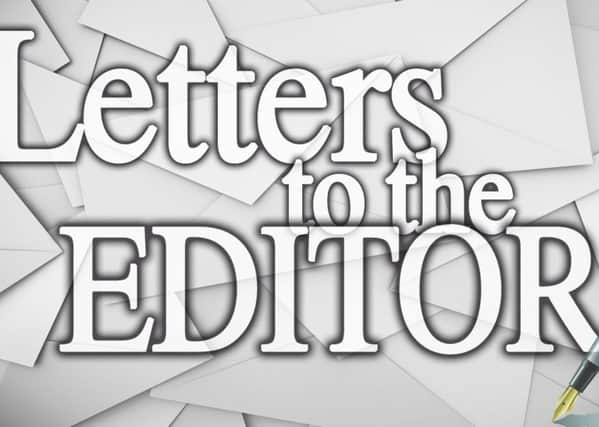Unionists should show that they appreciate Leo Varadkar's concerns but questions his tactics


In commenting on the theatricals of Leo Varadkar waving a copy of a Dublin paper whilst addressing the EU John Mulholland claims that it illustrates the desperation of the Republic’s government in its aim to achieve a unified Ireland.
It illustrates nothing of the sort. Leo Varadkar knows that a Brexit would be damaging for the Republic of Ireland, to a greater extent than any other country under the EU, and is desperate to prevent a Brexit ever happening.
Advertisement
Hide AdAdvertisement
Hide AdHe is just simply making use of the “dissidents” as use was made of them earlier (but for the purpose of damaging Northern Ireland’s commercial life) when they were part of the Sinn Fein make-up and the Republic of Ireland’s objective was to destroy the Northern Ireland economy.
Instead of charges such as that made by John Mulholland or the truculence of Sammy Wilson (which are expressions of tribal mindsets and not what unionism should be expressing) in responding to Leo Varadkar or Simon Coveney, unionists should be making it known that they appreciate Leo Varadkar’s concern but question the tactics he is employing.
Whether we are inside or outside the EU we are all still part of these culturally and commercially interrelated Britannic islands.
Unionists could point out that that was a reason Irish unionism was opposed to Ireland doing an Irexit early on in the last century — an Irexit that did such economic damage that Sean Lemass, the Republic’s then prime minister, had to set about fixing it by mending, or seemingly mending, fences with Northern Ireland before securing a Free Trade Agreement with the UK in 1965.
These are points that we need to recall.
Perhaps a new unionism will do so.
Wm A Miller, Belfast BT13